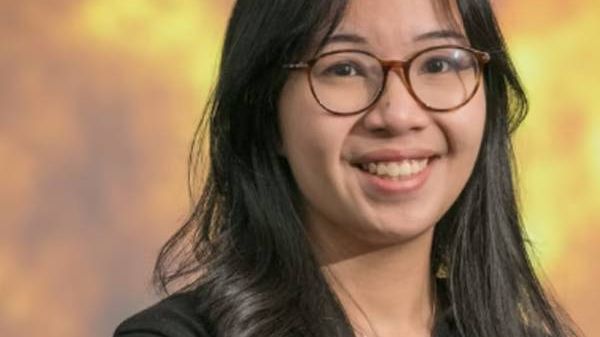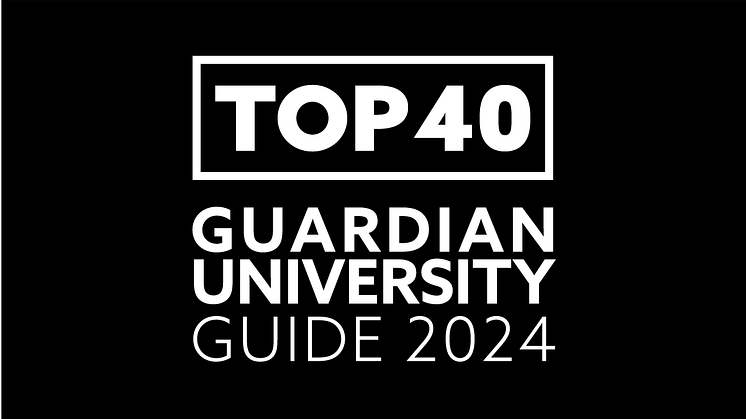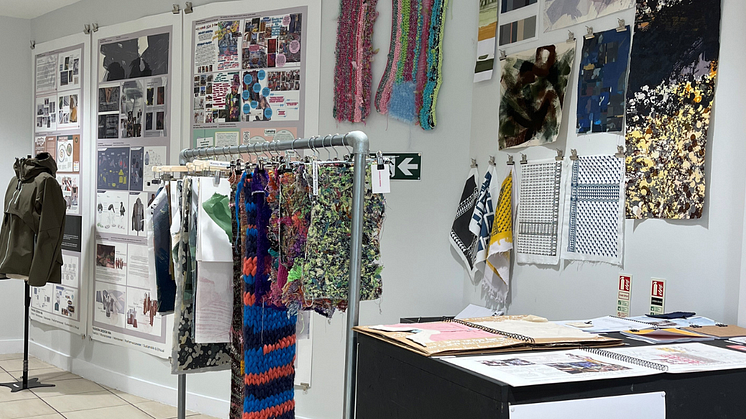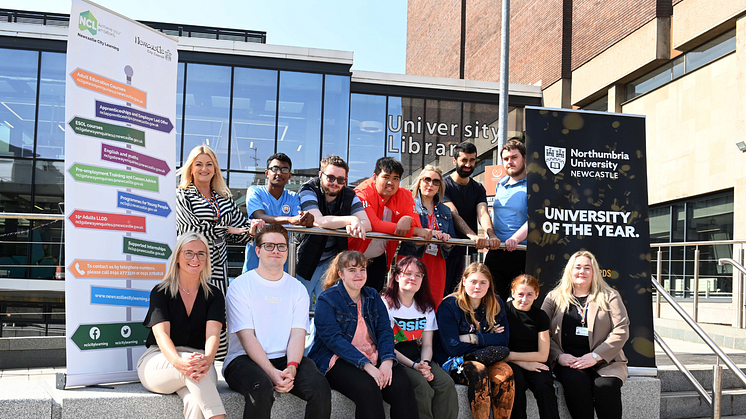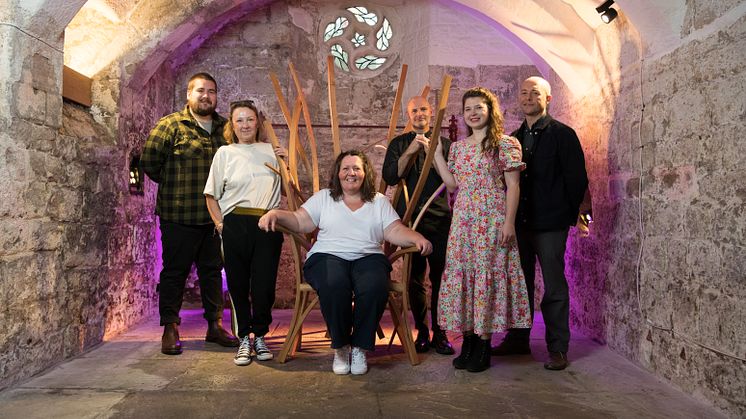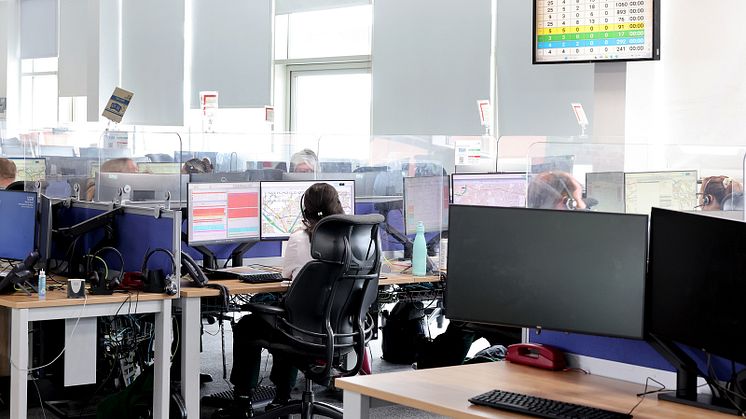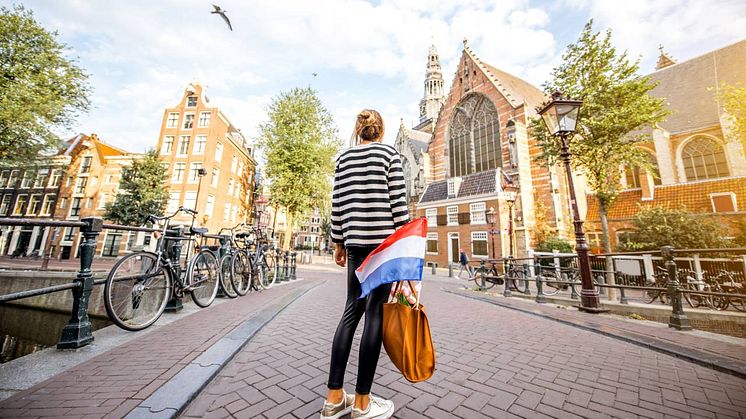
Press release -
Funding boost from Turing Scheme unlocks global adventures for Northumbria students
Hundreds of Northumbria University students will work or study overseas this year thanks to a significant funding boost from the Turing Scheme.
The University has been awarded £1.2m from the government-funded programme, which is designed to encourage students to travel and experience opportunities abroad.
As a result, those who apply to Northumbria’s International Mobility Programme could see themselves embark upon adventures to one of more than 50 global destinations, where they will be able to study, work, do research or volunteer.
The Turing Scheme funding will support nearly 600 students in the new academic year and, as part of the University’s commitment to drive social mobility in the North East and beyond, 90% of those selected to receive the funding will come from underrepresented backgrounds.
Alejandra Vicencio, Northumbria’s Head of International Mobility, said: “The Turing Scheme has given us an incredibly valuable opportunity to work with students from disadvantaged backgrounds who would never have considered travelling while at university.
“Seeing them grow, mature, and develop key employability skills such as intercultural communication, proactivity and independence is a fantastic outcome of these opportunities.”
She said the scheme had a “huge impact” on the academic and personal development of those taking part and was also beneficial for the University’s faculties in strengthening links with partners and developing more research projects.
Opportunities for Northumbria students – who must be from the UK and on an undergraduate course – include volunteering in Fiji, Europe or Asia; working on placements in Colombia or Vietnam, and studying at partner universities in Mexico, Spain, France, or Chile.
Students who have benefited from the scheme previously include business student Robert Borovansky, who studied for a summer at Mexico’s Universidad Del Valle de Atemajac and Ramada Sukarmadji, a PhD student who travelled to California to undertake research at the Lockheed Martin Solar and Astrophysics Laboratory (LMSAL).
Robert said the programme boosted his cultural awareness and helped him to improve his Spanish and learn more about business between Mexico and the UK.
He added: “I attended lectures and workshops at UNIVA, but also visited interesting places that helped me to contextualise the learnings with reality.
“Overall, the programme exceeded its objectives – I developed intercultural awareness, adaptability, improved my networking and communication skills, and simply enjoyed my time in Mexico.”
Although funding for Ramada’s trip to work with scientists at LMSAL came from various sources, including Northumbria University and the European Space Agency, she believes gaining the support of the Turing Scheme was instrumental in allowing her to take up the opportunity.

Ramada Sukarmadji
Ramada said: “The Turing Scheme didn’t cover all costs because California was unbelievably expensive.
“However, it unlocked all the other funding that I received. I don’t think I would have received the other funding had this not already been approved for Turing Scheme support, so without that the trip couldn’t have gone ahead.
“The Turing Scheme fund is very useful for researchers, and especially early career researchers like myself who haven’t had much opportunity to collaborate with international counterparts. This trip got me into the scientific community and may lead to other projects for me to pursue after I finish my PhD.”
The 2023-24 academic year marks the third since the government launched the £100-million-per-year scheme, which will fund more than 40,000 UK students to travel overseas on work and study placements.
Jon Reast, Pro-Vice Chancellor (International), described the “excellent” results of the Turing Scheme at Northumbria as testament to the dedication of staff and the resilience of students in a post-pandemic world.
He added: “We want to help all our students achieve positive career outcomes, which is what Turing is allowing us to do.
“We are looking forward to many more years of this fantastic programme, providing life-changing experiences and fresh opportunities for hundreds of students."
For more information about overseas study opportunities at Northumbria, contact the Study Abroad Team
Topics
Categories
UNIVERSITY OF THE YEAR 2022 (Times Higher Education Awards)
Northumbria is a research-intensive university that unlocks potential for all, changing lives regionally, nationally and internationally. Find out more about us at www.northumbria.ac.uk
--- Please contact media.communications@northumbria.ac.uk with any media enquiries or interview requests ---








